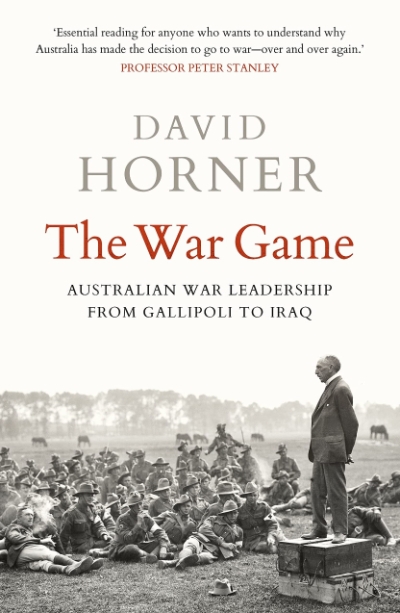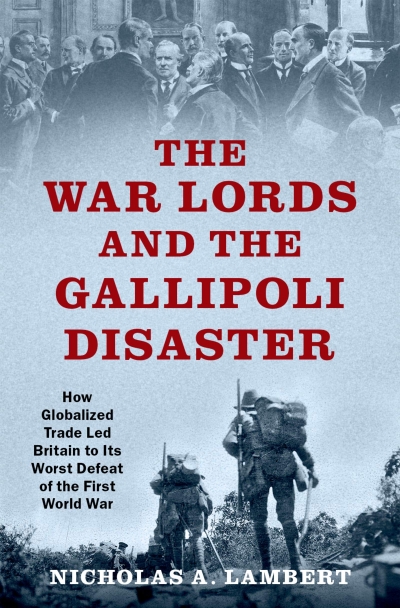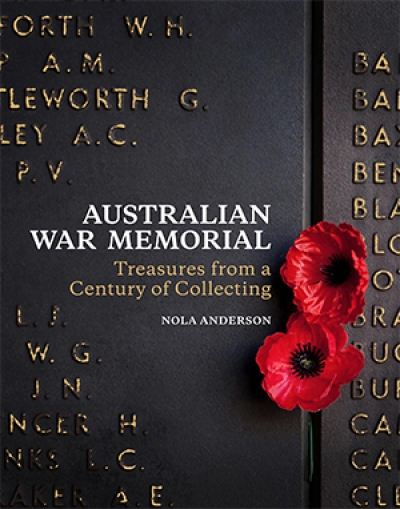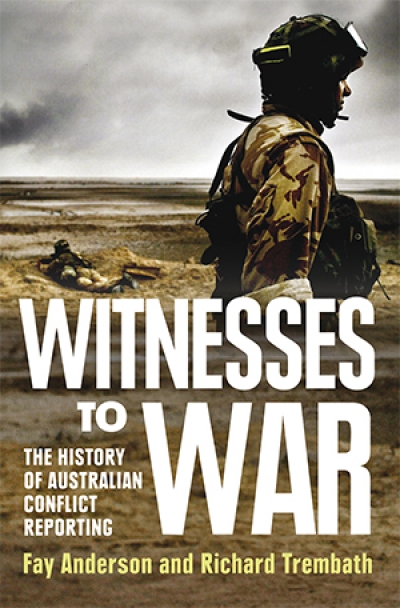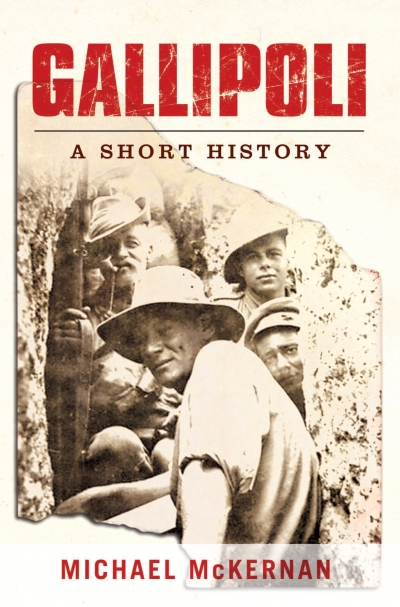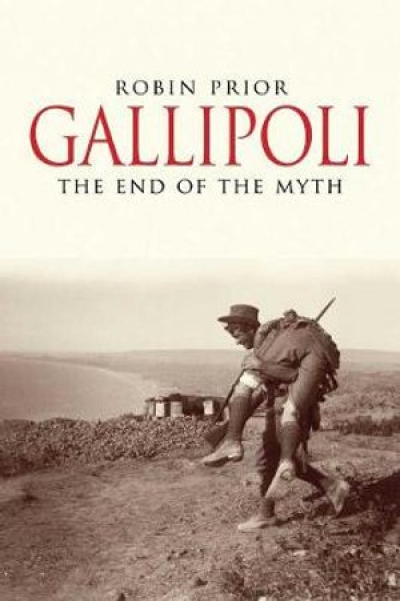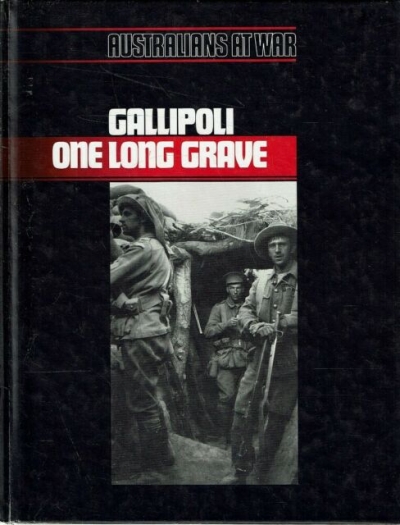Gallipoli
The War Game: Australian war leadership from Gallipoli to Iraq' by by David Horner
The War Lords and the Gallipoli Disaster: How globalized trade led Britain to its worst defeat of the First World War by Nicholas A. Lambert
Australian War Memorial: Treasures from a Century of Collecting by Nola Anderson
Witnesses to War: The History of Australian Conflict Reporting by Fay Anderson and Richard Trembath
Gallipoli: A Short History by Michael McKernan & Pozières: The Anzac Story by Scott Bennett
Return to Gallipoli: Walking the battlefields of the great war by Bruce Scates
ABR goes to London
Hot on the heels of our inaugural ABR Forum in Canberra on March 28, when a capacity audience attended the session on life-writing at the National Library, ABR will host its first event in London on Tuesday, June 8. Peter Rose and Morag Fraser will present an evening of readings and ideas, with special appearances by Clive James and Peter Porter. We’re delighted to be able to present this special event in association with the Menzies Centre for Australian Studies, Kings College London. The event will run from 6 to 8 p.m. Bookings are essential: please direct them to This email address is being protected from spambots. You need JavaScript enabled to view it.. ABR has many subscribers and supporters in the UK; we look forward to meeting them – and to reaching new ones.
... (read more)
